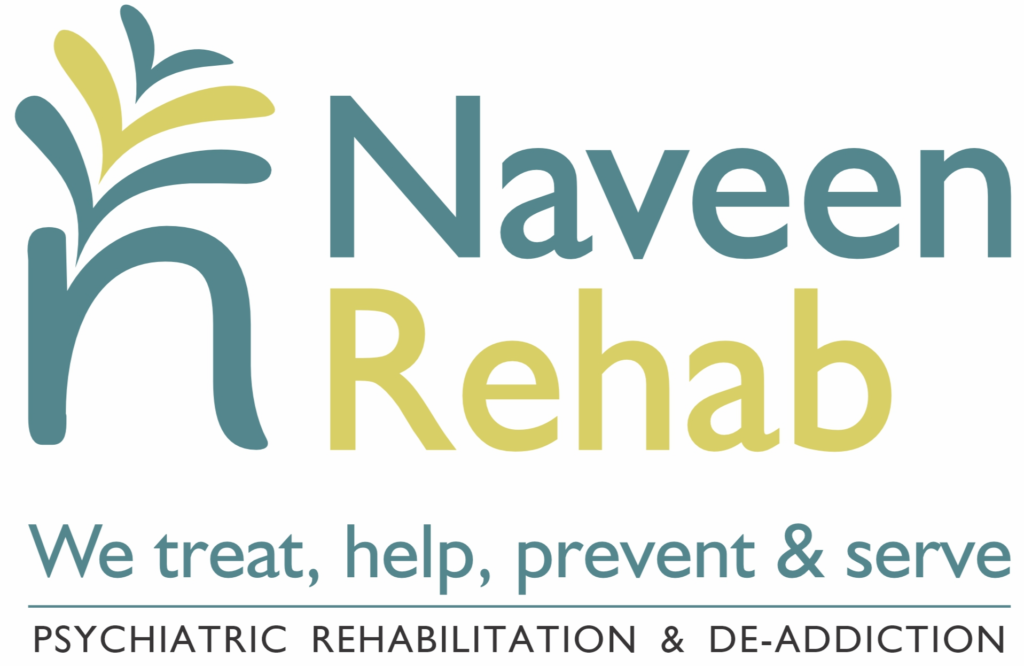
Understanding the Purpose and Benefits of Rehabilitation Centers
Rehabilitation centers serve a vital role in the journey toward recovery, offering specialized care for various conditions. The rehab center’s purpose is to provide comprehensive support and treatment for individuals facing challenges such as addiction, physical injuries, or mental health issues. Rehabilitation facility benefits include access to expert medical professionals, personalized treatment plans, and a structured environment that fosters healing. For those struggling with substance abuse, addiction treatment centers offer intensive therapy and support to overcome dependency. Physical therapy centers help individuals recover from injuries and improve mobility through targeted exercises and treatments. Meanwhile, mental health rehab facilities provide a safe space for addressing psychological issues and developing coping strategies. Together, these centers play a crucial role in supporting individuals through their recovery process, promoting overall well-being, and enhancing quality of life.
What to Expect During the Intake Process and Initial Assessments
The intake process and initial assessments at a rehab facility are critical steps in crafting a personalized recovery plan. During the rehab facility intake, you’ll provide detailed information about your medical history, current health status, and personal goals. The initial rehab assessment involves a thorough medical evaluation at rehab to identify any physical health issues and determine necessary treatments. A psychological evaluation rehab assesses mental health, helping to identify underlying issues such as anxiety, depression, or trauma that may impact recovery. These evaluations are crucial for rehab program planning, as they guide the development of a tailored treatment plan that addresses your specific needs. By understanding what to expect during this process, you can better prepare for the journey ahead and set a strong foundation for successful rehabilitation.
Packing the Right Items and Preparing Your Home for Rehab
.Preparing for rehab involves more than just personal readiness; it also requires careful packing and home preparation. What to bring to rehab includes essential items such as comfortable clothing, personal hygiene products, and any prescribed medications. Create a comprehensive rehab packing list to ensure you have everything needed for your stay. Equally important is getting your home ready for rehab by organizing your living space to be supportive of your recovery goals. This might involve removing triggers or distractions and ensuring a comfortable environment for when you return. Preparing family for rehab is crucial as well; communicate openly about your treatment plans and how they can support you throughout the process. Additionally, familiarize yourself with rehab facility rules to ensure that you adhere to their guidelines and make the most of your treatment experience. Proper preparation can make the transition smoother, allowing you to focus on your recovery and achieve the best outcomes from your rehab program.
Communicating with Rehab Staff and Advocating for Your Needs
Effective communication with rehab staff is crucial for a successful recovery journey. Talking to rehab staff openly and honestly about your needs and concerns helps ensure that your treatment plan aligns with your personal goals. Understanding your rehab patient rights is fundamental; you have the right to be informed about your treatment and to participate in decision-making processes. Working with the rehab team involves collaboration and active involvement in your own care, which can enhance the effectiveness of the treatment. Communicating treatment goals clearly ensures that everyone is on the same page and focused on achieving the desired outcomes. Additionally, don’t hesitate to ask questions in rehab about any aspect of your treatment or recovery process. By advocating for your needs and maintaining open lines of communication, you can contribute to a more tailored and supportive rehab experience, ultimately leading to better outcomes and a more positive recovery journey.
Supporting a Loved One Through the Rehabilitation Process
Supporting a loved one during rehab is a vital part of their recovery journey. Families play a crucial role in offering emotional strength and encouragement, helping to motivate the rehab patient through the tough moments. Family role in rehab extends beyond visiting; it involves understanding the process, offering patience, and being a consistent source of positivity. Visiting a loved one in rehab can provide a boost to their morale, but it’s important to follow facility guidelines and schedule visits that don’t disrupt their treatment plan. Encouraging your loved one’s rehab patient motivation is essential, as it can help them stay committed to their recovery goals. At the same time, family members must also learn to cope with rehab challenges, including managing their own emotions and seeking support when needed. By staying involved, showing empathy, and providing reassurance, you can significantly aid your loved one’s rehabilitation and help foster a strong, lasting recovery.
Conclusion: Embrace the Journey and Trust the Rehabilitation Process
The road to recovery is challenging, but trusting the rehab center success process is key to long-term healing. Rehabilitation equips individuals with the tools needed for a healthier, addiction-free life. As you transition to life after rehab, the journey doesn’t end; it’s just the beginning of maintaining new habits and coping strategies. Maintaining recovery requires ongoing commitment, whether through continued therapy, support groups, or personal accountability. Transitioning out of rehab can be daunting, but with proper aftercare planning and a strong support system, it’s possible to stay on track. Embrace each step of the process, knowing that while challenges may arise, perseverance leads to a life filled with hope, health, and renewed purpose. Trusting the rehabilitation process is an essential part of building a brighter future.


